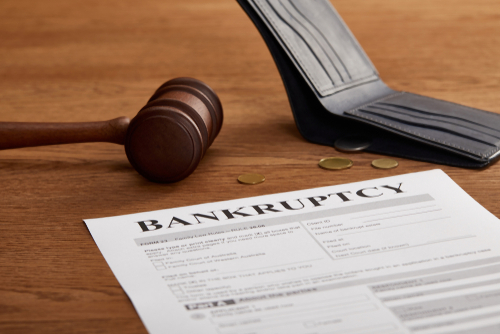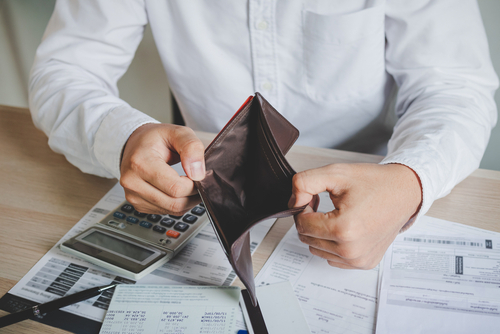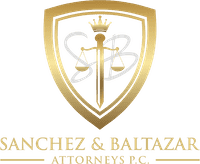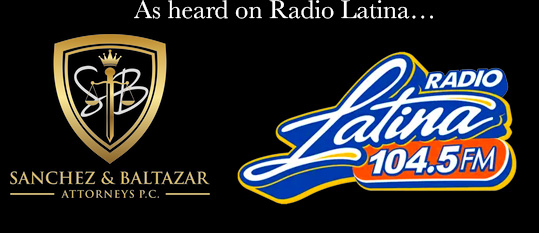Filing for bankruptcy is a legal process that allows you to discharge your debts and restart your financial life. Bankruptcy is a serious decision, and it is important that you understand the process and the consequences before you file.
There are two types of bankruptcy that individuals can file: Chapter 7 and Chapter 13. In a Chapter 7 bankruptcy, also known as liquidation bankruptcy, your assets are sold off to pay your debts. In a Chapter 13 bankruptcy, also known as reorganization bankruptcy, you develop a repayment plan to pay back your creditors over time.

To File for Bankruptcy in California, you must:
1. Determine which type of bankruptcy you qualify for.
2. Complete the required credit counseling course.
3. Gather your financial documents.
4. File your bankruptcy petition and other required documents with the court.
5. Attend your 341 meeting of creditors.
6. Complete your bankruptcy discharge requirements.
If you are considering filing for bankruptcy, it is important to speak with an experienced bankruptcy attorney to discuss your options and make sure that you are taking the best course of action for your unique situation.
How will my Life be Affected when Filing for Bankruptcy?
Filing for bankruptcy is a serious decision with long-term consequences. It will remain on your credit report for seven to ten years, making it difficult to get approved for new lines of credit. Additionally, you may lose certain assets, such as your home or car.
Is Bankruptcy the Right Choice for me?
Bankruptcy may be the right choice for you if: – You are unable to repay your debts.
– You are facing foreclosure or repossession.
– You are being harassed by creditors.
– You are struggling to make ends meet.
If you are considering bankruptcy, it is important to speak with an experienced bankruptcy attorney who can evaluate your specific situation and advise you on the best course of action.
What Papers do I Need to Bring with me when Filing for Bankruptcy?
When you File for Bankruptcy, you will need to Provide the Court with Financial Documents, including:
– Your most recent tax return.
– A list of your creditors and the amount owed to each one.
– A list of your assets and their value.
– Your pay stubs or other proof of income.
Where do I File for Bankruptcy?
You will file your bankruptcy petition with the US Bankruptcy Court in the district where you live. You can find a list of bankruptcy courts on the US Courts website.
What is the Difference between Chapter 7 and Chapter 13 Bankruptcy?
Chapter 7 bankruptcy, also known as liquidation bankruptcy, allows you to discharge your debts by selling off your assets. In Chapter 13 bankruptcy, also known as reorganization bankruptcy, you develop a repayment plan to pay back your creditors over time.
Which Type of Bankruptcy Should I File for?
The type of bankruptcy that you should file for depends on your unique financial situation. Generally, Chapter 7 bankruptcy is best for those who have few assets and little income, while Chapter 13 bankruptcy is best for those who have a regular income and some assets.

How long does it take to Improve your Credit after Filing for Bankruptcy?
It will take time to rebuild your credit after filing for bankruptcy. You can start by getting a secured credit card and making all of your payments on time. Additionally, you can get auto insurance, rent an apartment, or apply for utility service in your name to help establish credit. After a few years of making on-time payments, you should be able to qualify for a traditional credit card.
How can I File for Bankruptcy on My Own?
You can file for bankruptcy without an attorney, but it is not recommended. The bankruptcy process is complex, and there are many forms that must be completed correctly in order for your case to be successful. An experienced bankruptcy attorney will be familiar with the process and can ensure that all of the necessary paperwork is filed correctly.
What are the Fees Associated with Filing for Bankruptcy?
The fees associated with filing for bankruptcy vary depending on the type of bankruptcy you file and the complexity of your case. However, you can expect to pay a filing fee, an attorney’s fee, and a fee for the required credit counseling course.
Can I File for Bankruptcy if I am Behind on my Taxes?
If you are behind on your taxes, you may still be able to file for bankruptcy. However, it is important to speak with an experienced bankruptcy attorney to discuss your specific situation.
How Many People File for Bankruptcy a Year?
Approximately 1.4 million people file for bankruptcy every year in the United States. Due to the stigma associated with bankruptcy, many people are reluctant to file. However, bankruptcy can be a valuable tool for those who are struggling to repay their debts.
What are some Alternatives to Bankruptcy?
Some alternatives to bankruptcy include Debt settlement, Debt management, and Credit Counseling. If you are considering bankruptcy, it is important to speak with an experienced bankruptcy attorney who can evaluate your specific situation and advise you on the best course of action.
How can I Pick the right Lawyer to Help me File for Bankruptcy?
The process of finding the right bankruptcy attorney to help you file for bankruptcy can be daunting. However, there are a few things you can do to make the process easier. First, ask for referrals from friends or family members who have filed for bankruptcy. Second, research potential attorneys online and read reviews from previous clients. Finally, schedule a consultation with the attorney to discuss your case and make sure you feel comfortable working with them.

Contact S&B Legal Today.
If you are considering bankruptcy and would like to learn more about your options, contact S&B Legal today. Our experienced bankruptcy attorneys can advise you on the best course of action for your unique situation. We offer a free consultation, so call us today to schedule an appointment.


